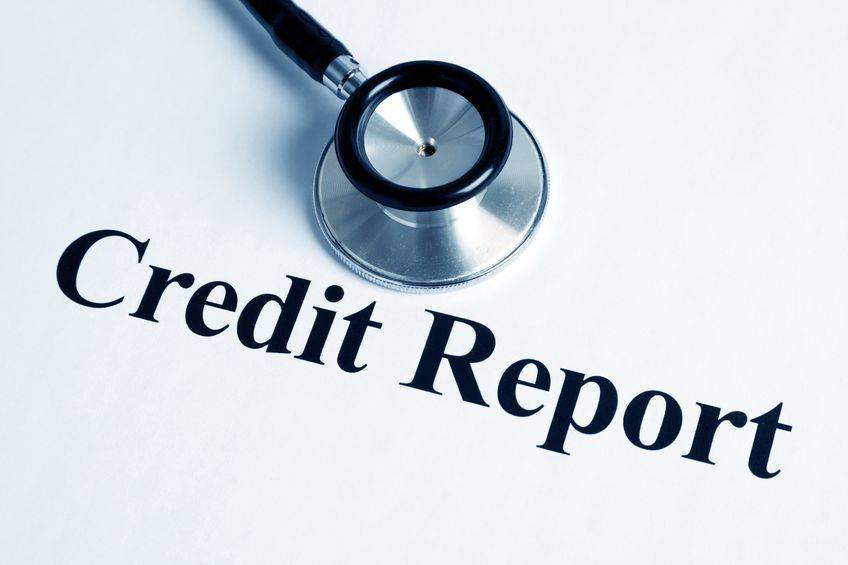Checking your credit reports on an annual basis can be a great idea. A study done by the Federal Trade Commission found that 25% of all consumers have an error on their credit report that negatively impacts their credit score. There’s a good chance that your reports have one or more errors.
The study also showed that 80% of those that challenge items on their credit report are able to get at least some of the negative information altered or removed. That’s great news!
Follow this process to get these errors corrected:
- Get copies of your credit report from the three major bureaus. You can get a free copy of each report each year from AnnualCreditReport.com. If you’ve recently been rejected for credit, you’re also entitled to a free copy of the report containing the derogatory information.
2. Get your official credit scores. It would be a shame to do all this work and not know how much of an effect your efforts had on the metric that matters the most.
3. Find and record all the errors that are harming your credit score. Some people decide to simply challenge all the negative information, whether it’s accurate or not.
4. Write a dispute. Your dispute can be very simple. Provide enough information that the credit bureau can identify you and the item you’re disputing. In general, it’s most effective to declare that you were never late or that the account isn’t yours.
5. Mail your disputes and request a return receipt. The credit bureau is on the clock from the time they receive your complaint. If they can’t complete their investigation within 30 days, they basically have to make the changes you requested. Include only one dispute per letter.
The credit bureaus would love for you to file your dispute online. It saves them money and helps to automate the process. Receiving your letter is much more cumbersome for them. So send your complaints via snail-mail.
6. Watch the calendar. Their response should be postmarked within 30 days of receiving your letters.
7. Evaluate the responses you receive back. It’s likely that some of your disputes will be found in your favor. It’s also likely that some will not. One credit bureau has been known to simply give you what you want without investigating at all!
8. Continue disputing all the negative items. At the end of the day, credit bureaus exist to make money. They make money by selling credit reports, not by dealing with consumers. Your disputes cost them money. With a little diligence, you’re likely to get your way, so be persistent.
Consumers have historically done well when suing the credit bureaus. It’s difficult for them to truly verify the information in your credit reports. If you’re not satisfied with the results, consider filing a claim in small claims court. Credit bureaus get fined $1,000 per infraction. You’ll likely settle out of court and get your credit report cleaned up.
9. Stay organized. Maintain records of all your correspondence. Make copies and keep those copies filed in an organized manner. Be sure to keep track of dates.
Fixing the errors on your credit reports is simple, but it does take time. It’s important to check your reports every year. The cost of credit reporting errors can be staggering, as they can dramatically increase your interest rates on any loans you receive.
Request your credit reports today and spend the time to examine them carefully. Consider making it a part of your annual financial housekeeping.







